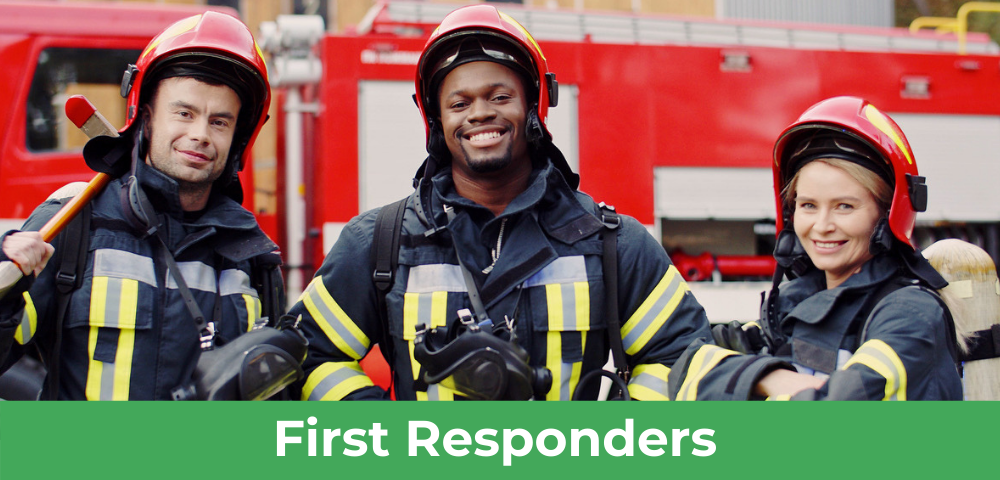
First Responders
Police officers, firefighters and EMTs are on the front line, risking their lives everyday to protect life and property. As a first responder you are trained to put it all on the line for others, and to put the needs of others above your own. This may be the expectation within your professional life, but not in your personal life. Finding balance is the key to enjoying a thriving career and a happy life.
The stress inherent to the work of a first responders can result in burnout, vicarious trauma/compassion fatigue, and the physical/emotional signs of stress. Many first responders find themselves suffering from depression, suicidal thoughts and addiction, but the deep-seated culture of these agencies lead most to hiding or ignoring the signs. At Roots, we believe it is a sign of strength to reach out for help and we have created a safe and confidential environment for you to get the help you need.
What is burnout?
Burnout is the result of prolonged stress or frustration causing physical and emotional exhaustion. Burnout is often associated with the workplace and is a predictable outcome within demanding work environments over a long period of time. It can lead to impaired decision making, depression, and anxiety.
What is compassion fatigue & vicarious trauma?
Vicarious trauma and compassion fatigue occur with a first responder who is an empathic listener to an individual’s traumatic encounter. Although the symptoms are like burnout, vicarious trauma is pervasive and impacts all facets of the first responder’s life. Some impacts include:
- Feelings of helpless & hopeless
- Feelings of lack of trust & safety
- Isolation & withdrawal from others
What are the physical signs of stress?
- Headaches
- High Blood pressure
- Backaches
- Sleep disorders
- Nervous tics
- Depression
- Bowel problems
What are the emotional signs of stress?
- Difficulty managing emotions
- Low self-esteem
- Social withdrawal
- Depression
- Anxiety
- Loss of the value of life
- Hypervigilance
- Impulsivity
- Addiction
- PTSD
How can Roots help us?
First responders are at the forefront of disasters and traumatic incidents, which places them at risk for mental health problems. Through group and specialized individual therapy, you will learn to engage in restorative activities to increase your resilience and reduce the risk of burnout and vicarious trauma/compassion fatigue.
Take the First Step Now
If you need to find a place that feels comfortable and supportive, let Roots Through Recovery’s experienced clinicians and case management team work with you to help determine your next steps. We want you to have choices that will give you and your loved ones the best outcomes.



